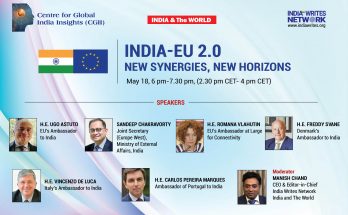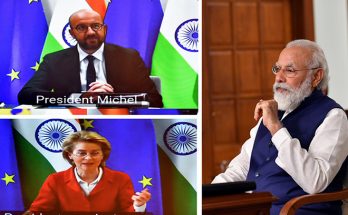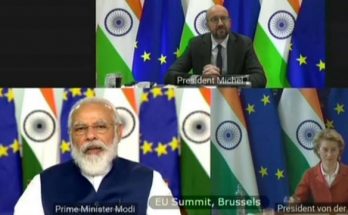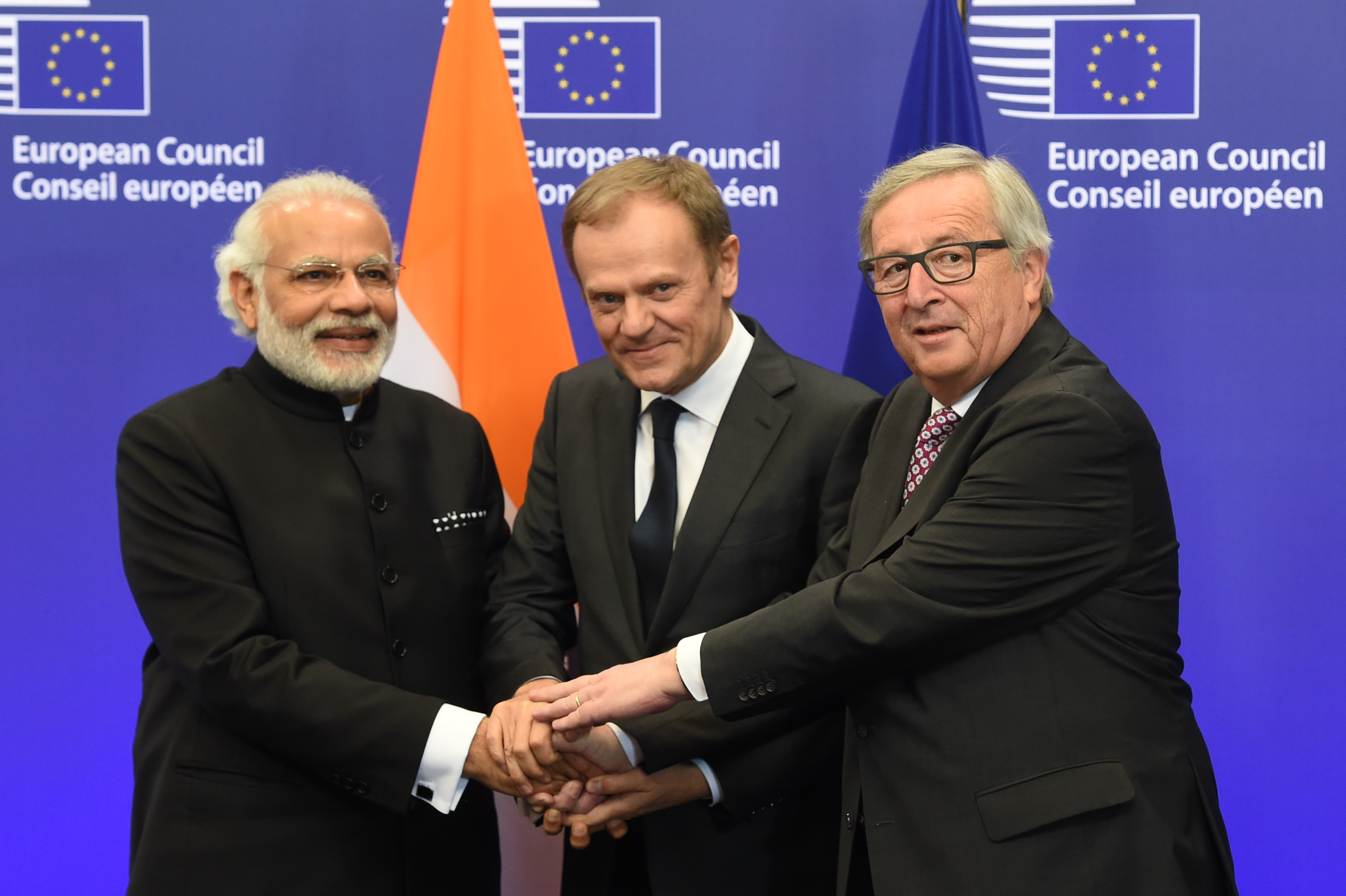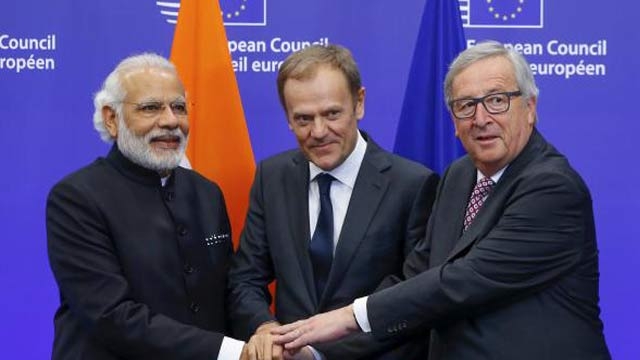Ahead of German Chancellor Angela Merkel’s visit to New Delhi in October, India’s External Affairs Minister Sushma Swaraj is looking to firm up an ambitious agenda to expand economic and strategic ties with Europe’s most powerful economy. During Prime Minister Narendra Modi’s visit to Germany in April 2015, a joint statement issued at the end of the visit had said the two countries have established a robust roadmap for expanding their multi-faceted and mutually-beneficial ties and to further strengthen strategic partnership.
Ms Swaraj who is on a two-day visit to Germany as part of her two-nation visit to Egypt and Germany will hold talks with her German counterpart Frank Walter Steinmeier and a number of other leaders. India and Germany are expected to review their bilateral relationship and focus on expanding their economic relations.
In the joint statement issued between both countries during PM Modi’s visit to Germany, it was decided that both sides would collaborate in areas such as manufacturing, skill development, urban development, environment, railways and renewable energy.
Collaboration in manufacturing is expected to give thrust to the Make in India campaign. Skill development is expected to improve employability of trainees and apprentices. Establishment of a working group on urban development will strengthen bilateral cooperation and also support development of urban planning and infrastructure in India.
Read More